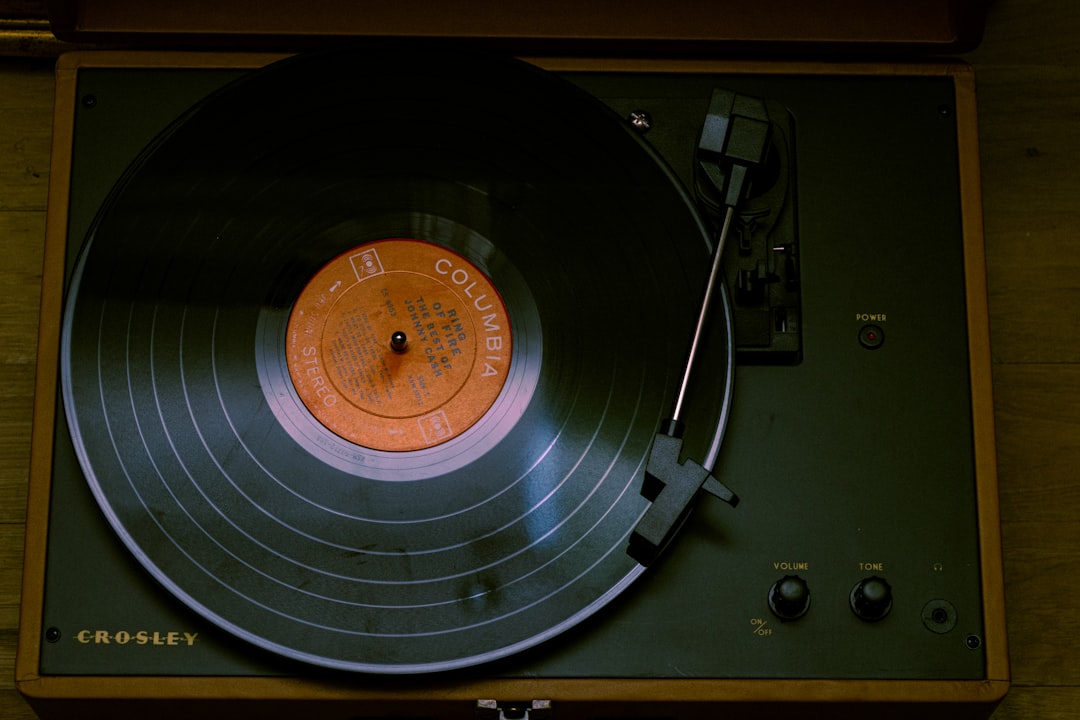end of an era?
So Netflix are finally closing down their DVD by mail service. Honestly, I thought it had disappeared years ago. Like the copy of Robin Hood I lost. Still don’t know what happened. I had to pay for it in the end.
Borrowing DVDs, and before that, videos, was once a huge business. But they crashed with both streaming, and before that, DVDs becoming affordable to purchase. In the 1980s, the golden age of video rental, a new VHS of a movie was cripplingly pricey, often north of $80. (Adjusted for inflation, that’s $220: a lot to pay out for a copy of Big Trouble in Little China).
This was precisely because the market was stores, which would rent out the tapes. Very few people bought VHS copies to keep (if you wanted to keep a movie you’d record it from the TV). This would change, first after the false dawn of Laserdisc, but with the arrival of the DVD. They were available to rent in stores too (as with Netflix), but became so affordable we quickly reached the point it was cheaper to buy the DVD than to pay to see the film at a multiplex. This cheapness of DVDs ate into the rental market as much as expanding TV options and streaming channels.
But borrowing media was not something that Netflix or Blockbuster pioneered. Midcentury, borrowing LPs from public libraries was common. When cassettes and CDs took over, the albums slipped out of collections.

Yet with the vinyl revival, the Brooklyn Public Library is lending records again! Hipsters can get their music fix, authentically.
Like an LP, time is indeed a flat circle.


Having grown up in the VHS era, I don't don't think this is quite right. While VHS was initially pricey, by the 90's, they had dropped to about $20 a pop, well before the DVD era. Everyone I knew had a small library of favorite movies on VHS, we went to Blockbuster because even at $20, not everything was worth purchasing. The reason we rented from Blockbuster was that not everything was worth purchasing and/or storing underneath your TV.
When Laserdisc came out, it was back to pricey copies, ostensibly in exchange for improved quality. The price was the reason Laserdisc never took off and subsequently why DVDs were a revolution. They were cheap, small (compared to the LP-sized laserdisc) and a substantial tech upgrade from VHS. Netflix was revolutionary because you didn't have to get off your ass and go to Blockbuster, rather you could peruse and order from the privacy of your own home computer. They also offered a more comprehensive selection compared to the local video store.
But in the end, yes, it was streaming that killed physical media. I too had no idea the mail order service was still hanging on. I suppose it would be worthwhile for those odd rural places that still lack high speed internet.